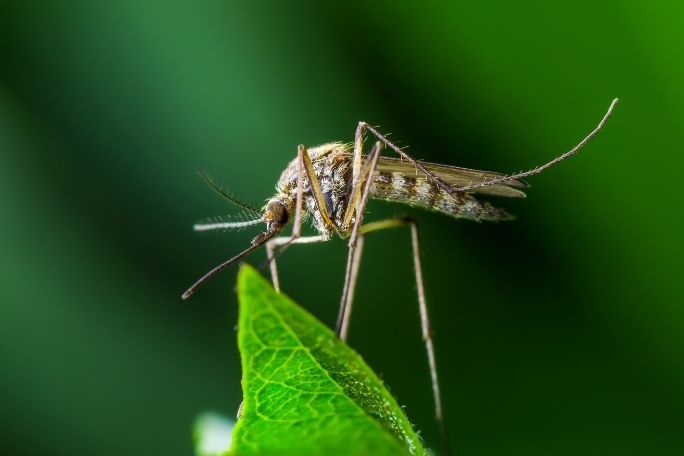Lesson summary
Students investigate invertebrates. They begin by reviewing their existing knowledge around invertebrates and compare invertebrates to vertebrates. They then look at a series of flashcards featuring a range of invertebrates, before focusing on the invertebrates they might find at school or at home, thinking about what these animals need for food, water and shelter. Finally, students work together to create an invertebrate house for their home or school.
Learning intentions:
Students will...
- understand what invertebrates are
- recognise some of the features of invertebrates
- understand the needs of invertebrates
- recognise actions we can take to help invertebrates.
Success criteria:
Students can...
- participate in class discussion
- think about and respond to questions and visual prompts featuring different kinds of invertebrates
- work collaboratively or independently to create invertebrate habitats.
Lesson guides and printables
Lesson details
Curriculum mapping
Australian Curriculum content descriptions:
Foundation Science:
- Living things have basic needs, including food and water (ACSSU002)
- Engage in discussions about observations and represent ideas (ACSIS233)
Year 1 Science:
- Living things have a variety of external features (ACSSU017)
- Living things live in different places where their needs are met (ACSSU211)
- People use science in their daily lives, including when caring for their environment and living things (ACSHE022)
- Compare observations with those of others (ACSIS213)
- Represent and communicate observations and ideas in a variety of ways (ACSIS029)
Year 2 Science:
- Living things grow, change and have offspring similar to themselves (ACSSU030)
- Compare observations with those of others (ACSIS041)
- Represent and communicate observations and ideas in a variety of ways (ACSIS042)
Syllabus outcomes: STe-8NE, STe-4WS, ST1-10LW, ST1-11LW, ST1-4WS
General capabilities: Critical and Creative Thinking
Cross-curriculum priority: Sustainability OI.2, OI.9
Relevant parts of Foundation Science achievement standards: Students suggest how the environment affects them and other living things. They share and reflect on observations, and ask and respond to questions about familiar objects and events.
Relevant parts of Year 1 Science achievement standards: Students describe how different places meet the needs of living things. They participate in guided investigations of everyday phenomena and follow instructions to record and sort their observations and share them with others.
Relevant parts of Year 2 Science achievement standards: Students describe changes to objects, materials and living things. They participate in guided investigations of everyday phenomena and record and represent observations and communicate ideas in a variety of ways.
This lesson is part of the wider unit of work: Investigating Invertebrates – Lower Primary
Time required: 60 mins
Level of teacher scaffolding: High – lead students in class discussions, oversee invertebrate habitat construction
Resources required
- Device capable of presenting a clip to the class
- Invertebrate Flashcards
- Materials for invertebrate habitat (see Part C of the lesson)
- Outdoor Learning Tips
- Year 2 – Insect Life-cycles
- Year 2 – Student Worksheet – one copy per student
Skills
This lesson is designed to build students’ competencies in the following skills:
- Communication
- Creativity
- Critical thinking
- Problem solving
- Collaboration
Additional info
This is an original Cool+ lesson.


Welcome back!
Don't have an account yet?
Log in with:
By signing up to Cool.org you consent and agree to Cool's privacy policy to
store, manage and process your personal information. To read more, please see
our privacy policy here(Opens in new tab).
Create your free Cool.org account.
Many of our resources are free, with an option to upgrade to Cool+ for premium content.
Already have an account?
Sign up with:
By signing up to Cool.org you consent and agree to Cool's privacy policy to
store, manage and process your personal information. To read more, please see
our privacy policy here(Opens in new tab).